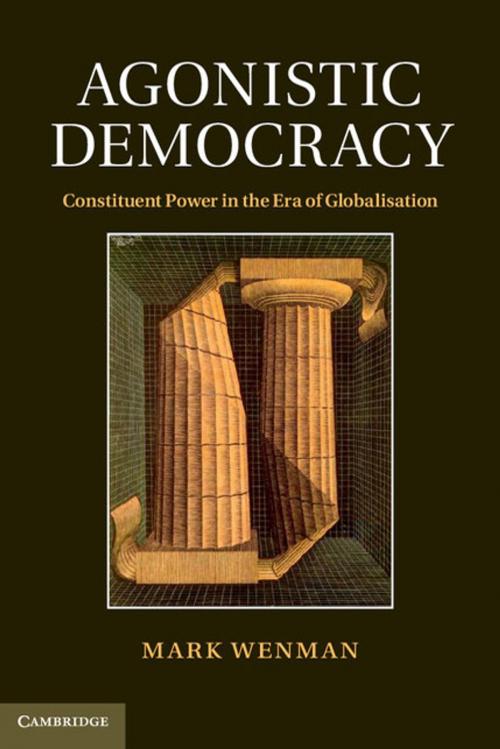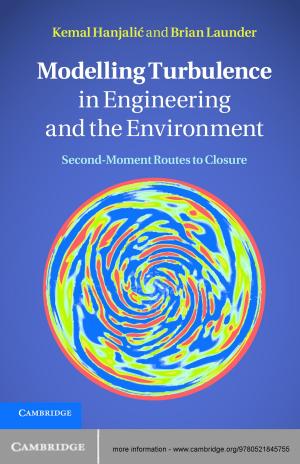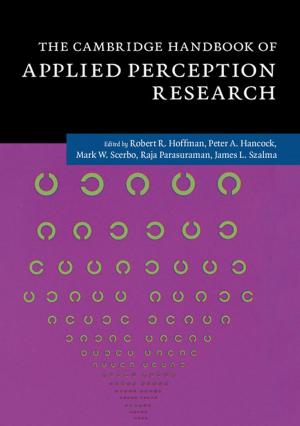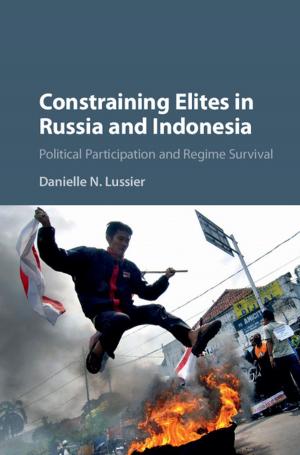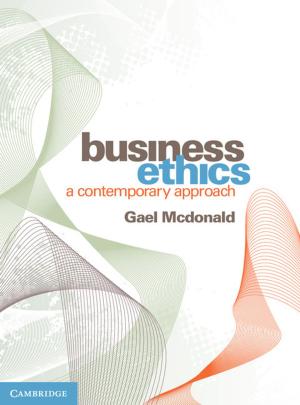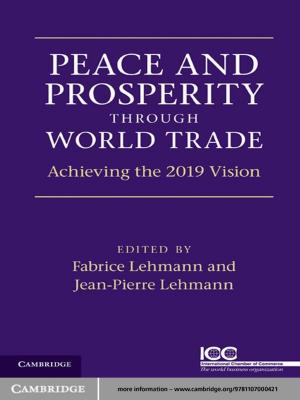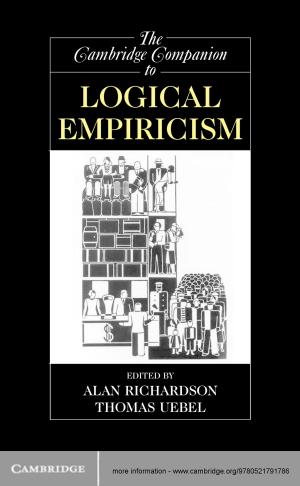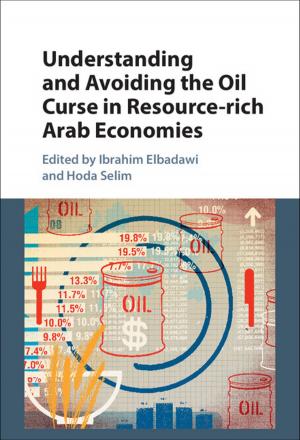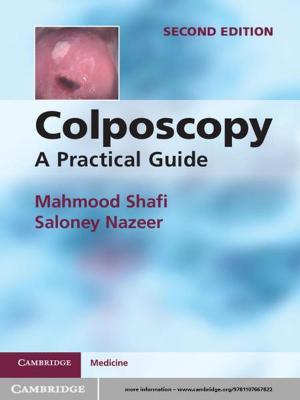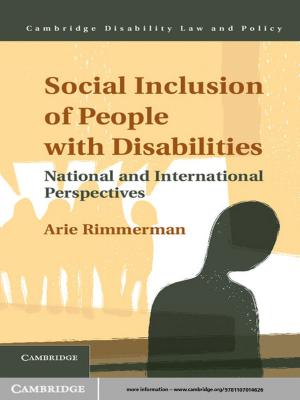Agonistic Democracy
Constituent Power in the Era of Globalisation
Nonfiction, Social & Cultural Studies, Political Science, Politics, History & Theory, Religion & Spirituality, Philosophy| Author: | Mark Wenman | ISBN: | 9781107460492 |
| Publisher: | Cambridge University Press | Publication: | September 26, 2013 |
| Imprint: | Cambridge University Press | Language: | English |
| Author: | Mark Wenman |
| ISBN: | 9781107460492 |
| Publisher: | Cambridge University Press |
| Publication: | September 26, 2013 |
| Imprint: | Cambridge University Press |
| Language: | English |
This pioneering book delivers a systematic account of agonistic democracy, and a much-needed analysis of the core components of agonism: pluralism, tragedy, and the value of conflict. It also traces the history of these ideas, identifying the connections with republicanism and with Greek antiquity. Mark Wenman presents a critical appraisal of the leading contemporary proponents of agonism and, in a series of well-crafted and comprehensive discussions, brings these thinkers into debate with one another, as well as with the post-structuralist and continental theorists who influence them. Wenman draws extensively on Hannah Arendt, and stresses the creative power of human action as augmentation and revolution. He also reworks Arendt's discussion of reflective judgement to present an alternative style of agonism, one where the democratic contest is linked to the emergence of a militant form of cosmopolitanism, and to prospects for historical change in the context of neoliberal globalisation.
This pioneering book delivers a systematic account of agonistic democracy, and a much-needed analysis of the core components of agonism: pluralism, tragedy, and the value of conflict. It also traces the history of these ideas, identifying the connections with republicanism and with Greek antiquity. Mark Wenman presents a critical appraisal of the leading contemporary proponents of agonism and, in a series of well-crafted and comprehensive discussions, brings these thinkers into debate with one another, as well as with the post-structuralist and continental theorists who influence them. Wenman draws extensively on Hannah Arendt, and stresses the creative power of human action as augmentation and revolution. He also reworks Arendt's discussion of reflective judgement to present an alternative style of agonism, one where the democratic contest is linked to the emergence of a militant form of cosmopolitanism, and to prospects for historical change in the context of neoliberal globalisation.
